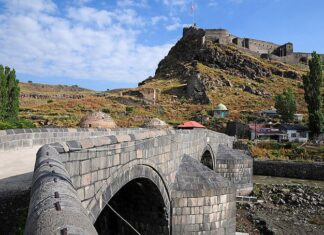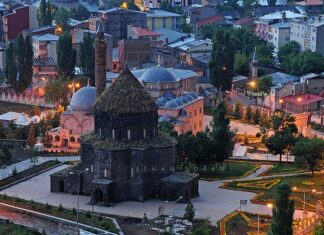Egyptian Knowledge and Human Affairs
When speaking about human knowledge and practical matters, the Egyptian priests gave accounts that were clear and agreed upon by all of them. According...
The Egyptians and Their Belief in Ancient Origins
For a long time, the Egyptians believed that they were the oldest people in the world. Before the reign of King Psammetichus, they were...
The Return from Exile
In the eleventh year of their exile, the family of Pisistratus decided the time had come to return to Athens. They set sail from...
The Marriage of Pisistratus and Its Hidden Problem
After Pisistratus regained control of Athens, he honored his agreement with Megacles by marrying his daughter. This marriage was meant to strengthen the political...
The Fall of Pisistratus
After a short time, the supporters of Megacles and the followers of Lycurgus decided to set aside their rivalry. They joined forces with one...
Atys Challenges His Father’s Fear
Prince Atys answered his father with calm respect, but also with strong logic. He said that he did not blame Croesus for being afraid...
Croesus Refuses to Send His Son
King Croesus remembered the terrible dream he had seen earlier. Because of this, he answered the Mysian messengers with care and fear. He said...
A Stranger Comes to Sardis
While King Croesus was busy preparing the wedding of his son Atys, an unusual event took place in the city of Sardis. A man...
Important Cities Connected to Biblical and Ancient History
Many cities mentioned in the Bible and ancient historical writings played an important role in religion, trade, and culture. Several of these cities were...
The Cities Where Paul Preached
During his missionary journeys, the Apostle Paul traveled through many important cities of the ancient world. These cities were centers of trade, culture, religion,...














